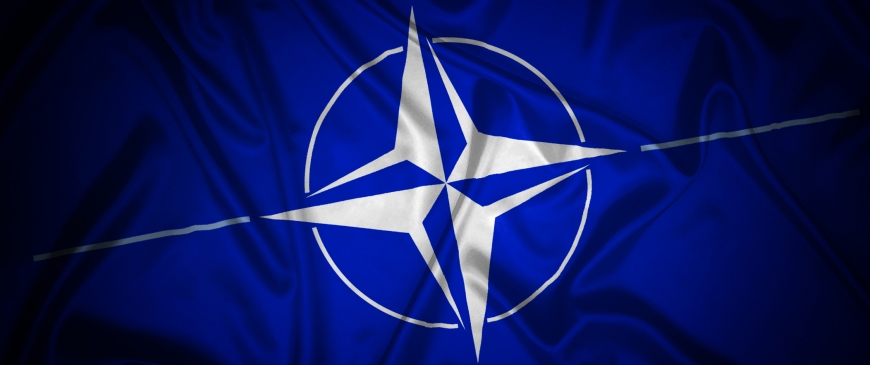
NATO at 70: Where next?
As member nations gather to celebrate NATO's 70th anniversary this week, Politico asked experts to forecast what the military alliance will look like 10 years from now.
How should it spend its growing resources? What new technologies are needed to counter Russian aggression? What threats must NATO prepare for that are not being discussed today?
Address the rise of China
If NATO is to survive the coming decade it has to adapt to two big trends that are redrawing the transatlantic relationship.
The first is Europe's push to become more militarily self-sufficient. Washington wants Europe to look after itself, invest in its territorial defense capabilities vis-à-vis Russia and take on more responsibility for its neighborhood in the Middle East and North Africa. But it is also wary of Europe's drive for "strategic autonomy" as it might mean Europeans buying less American military kits.
To help reassure the U.S., Europeans need to clearly demonstrate how the EU’s military initiatives can increase defense spending and serve NATO interests. Americans, in turn, should accept that their demands for more equal burden-sharing will inevitably mean greater European independence.
The second trend is an increasing American preoccupation with the rise of China as an economic, political and military rival, which is reshaping how it views NATO and the transatlantic alliance.
U.S. Secretary of State Mike Pompeo warned in February that the U.S. will find it more difficult to “partner alongside” European allies that have procured Huawei telecommunications equipment. Some in Washington also want Europeans to support U.S. efforts to provide security and protect trade routes in regions such as southeast Asia. While most European allies have little to contribute militarily in the South China Sea, they do have an interest in protecting their political systems from Chinese influence.
If Europe and the U.S. clash on how to deal with Beijing, NATO will no doubt suffer. The alliance should actively guard against a transatlantic rift by becoming a forum for more detailed exchanges on how to address the challenge of an increasingly powerful China.
Sophia Besch is a research fellow at the Centre for European Reform in Berlin.
Read the full article here.
